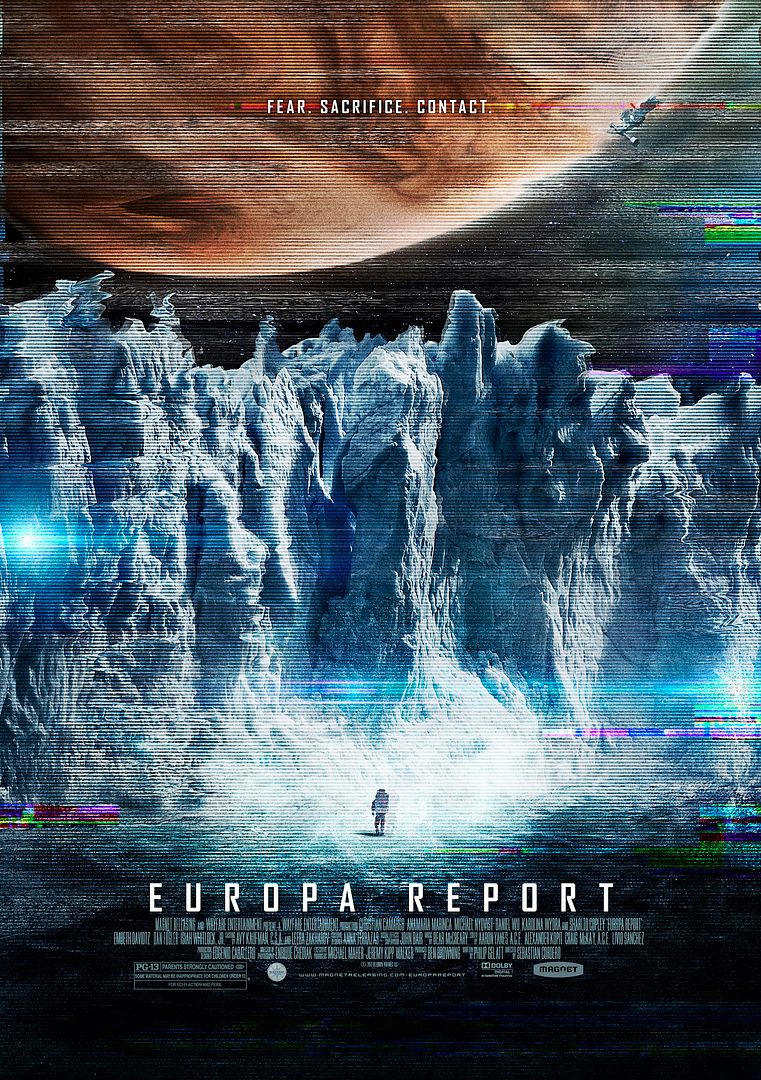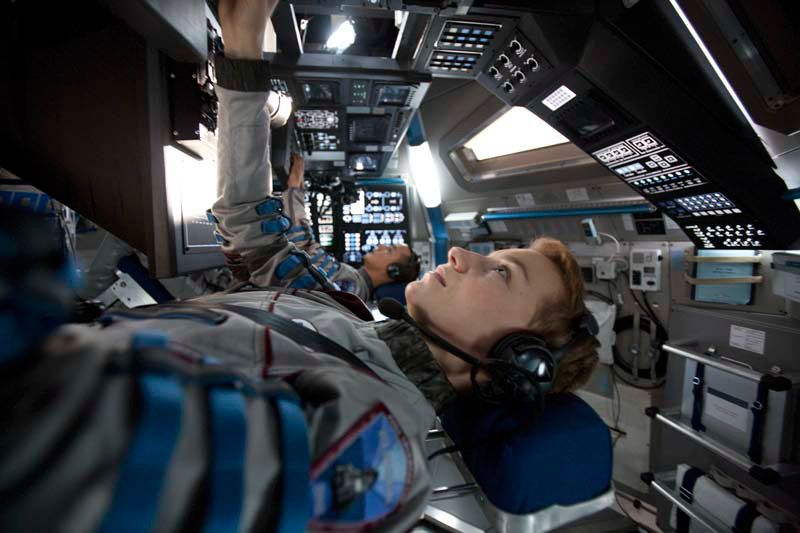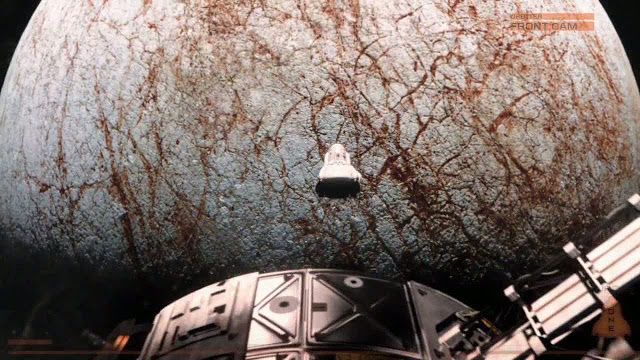
In 2007, new NASA research suggested that underneath the vast ice sheaths of Jupiter’s moon Europa lay oceanic water, which is a key element to support life. The Galileo probe, which had been orbiting the moons of Jupiter since December of 1995, was constantly orbiting and swooshing near the sixth largest moon in the solar system, collecting pictures and data that could prove the existence of liquid water. Then in 2011, scientists hit a proverbial jackpot—evidence for two liquid lakes the volume of the North American Great Lakes underneath a region of jumbled ice blocks termed the ‘Conamara Chaos.’ Even in the wake of such exciting discoveries, critical budget cuts severely threatened NASA’s space program, including the Mars rover and Cassini spacecraft orbiting Saturn. This same time frame gave concurrent rise to private space travel, led by the commercial venture Virgin Galactic and ambitious research company Space X. The merger of limitless industry resources with the possibility of uncovering alien life seems like a perfect Hollywood pitch. Such is the scenario explored in the brilliant documentary-style sci-fi thriller Europa Report. A full ScriptPhD review under the “continue reading” cut.
First conceptualized in 2009, prior to NASA’s landmark discovery of Jupiter’s large lakes, Europa Report explores the fundamental question driving space discovery: “Are we alone?” With private funds and advanced technology at their disposal, the fictitious Europa Ventures space exploration company enlists seven brilliant voyagers for the groundbreaking “Europa Mission,” the first venture beyond Earth’s orbit since 1972. Masterminded by company founders Drs. Samantha Unger and Tarik Pamuk, who also narrate the film and drive the story forward in current time, the multi-year investigative mission (16 months on Europa alone!) would combine state-of-the-art science with modern entertainment. Europa Report’s first act parlays the mundane lull of life in space—exercise to stave off atrophy, recycling urine for distilled water, ship engineers Andrei Blok and James Corrigan bickering in close quarters—overshadowed by the hints of future tragedy.

Indeed, approximately six months into their journey, the Europa Mission communications with ground control are cut off by an unexpected solar storm. From here, the film cleverly seesaws between the present and chronological flashbacks, as the crew bravely decides to press on with their journey. The film’s tempo subtlely, but effectively, picks up with a series of tragic events that affect the crew. When the ship is stranded on the moon’s surface due to heat beneath the ice surface, the crew take drastic steps, led by pilot Rosa Dasque to ensure that the precious data they collected is not for naught.
Europa Report is easily the most realistic depiction of travel and life in space since 2009’s Moon and the 1960s standard-bearer 2001: A Space Odyssey. Committed to the accuracy of its sets, shuttle, space imagery and scientific data, Europa Report relied on heavy consultation with NASA/Jet Propulsion Laboratory, SpaceX and other scientific leaders from the planning and execution of the mission to what the surface of Europa would look like. Filmmakers worked with astrobiologists to conceive theoretical, yet plausible, Europa life forms from the bioluminescent ones that exist deep in the Earth’s oceans. The depiction of the Europa landing is one of the most exciting science movie moments I have ever seen on screen.

With the help of NASA and SpaceX, set designer Eugenio Caballero built a fully authentic spaceship, including living quarters, control area and zero gravity wirework. After production was complete, the visual effects team replicated the Europa exterior environment based on data and imagery collected during the Galileo mission. Perhaps as a result, some of the film’s strongest sequences occur when Dr. Katya Petrovna tenuously ventures on the icy surface to collect data and explore the surroundings, leading to the heart-stopping conclusion that both seals the team’s ultimate fate and reaffirms the value of their mission.
“This project felt like a unique opportunity to do something plausible but forward thinking, somewhere between NASA and Star Trek,” said Ben Browning, whose company Wayfare Entertainment developed the film.
Europa Report is constructed to feel like a documentary or voyeuristic web stream of a very real (and altogether possible) scientific experiment. That a reality show would be borne of such an undertaking is a foregone conclusion. Nevertheless, the film leaves several important overarching existential questions that we must examine in our inevitable quest to search the galaxy for extra-terrestrial life. Even if we find life forms in the outer galaxy, do we really want to know what’s out there? Or perturb it? In the case of Europa Report, a terrifying conclusion conjures up as many fears as it answers exciting possibilities. Secondly, as technology makes extreme space travel to previously-unreached distances possible, we must never forget the element of danger that fuels the bravery of the astronauts and scientist that
undertake these endeavors. Lastly, is the commercialization of space a good idea? In the wake of celebrities buying shuttle rides into Earth’s orbit and space ventures funded by billionaires, who will maintain regulatory oversight and scientific integrity?
Ultimately, it’s inevitable that there will be a real-life mission to Europa, or even beyond. And an even bigger possibility that a groundbreaking discovery of current life in outer space will be made. But until that day, Europa Report unveils a grand science experiment before our eyes and perhaps, even a glimpse into the future.
View a trailer for Europa Report:
Europa Report goes into limited theatrical release on August 2, 2013 and is available On Demand.
~*ScriptPhD*~
*****************
ScriptPhD.com covers science and technology in entertainment, media and advertising. Hire our consulting company for creative content development.
Subscribe to free email notifications of new posts on our home page.

